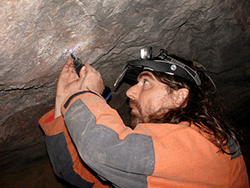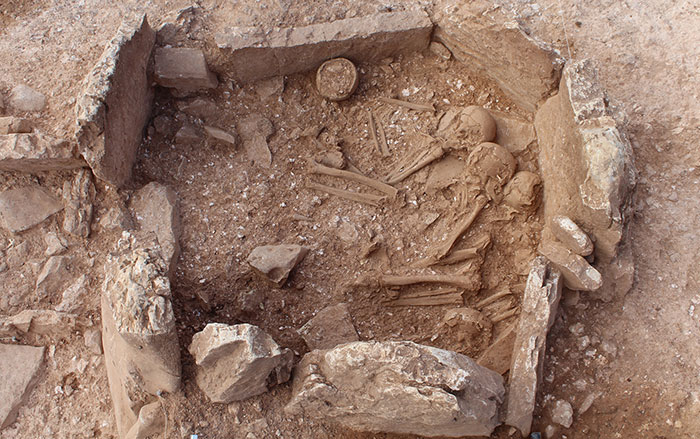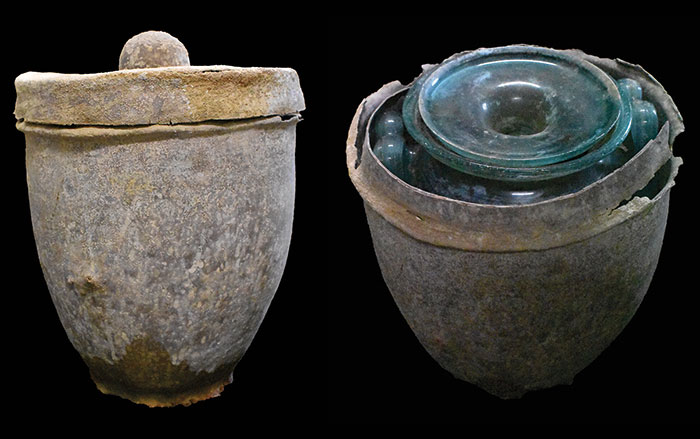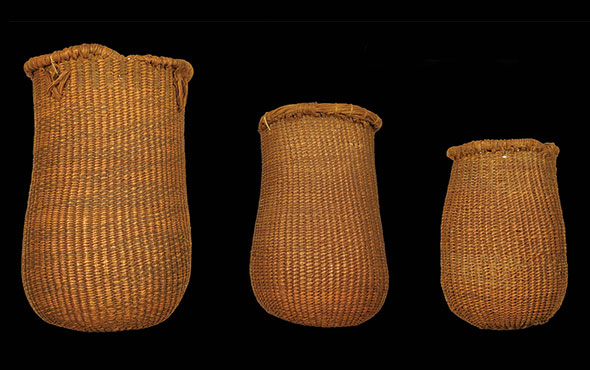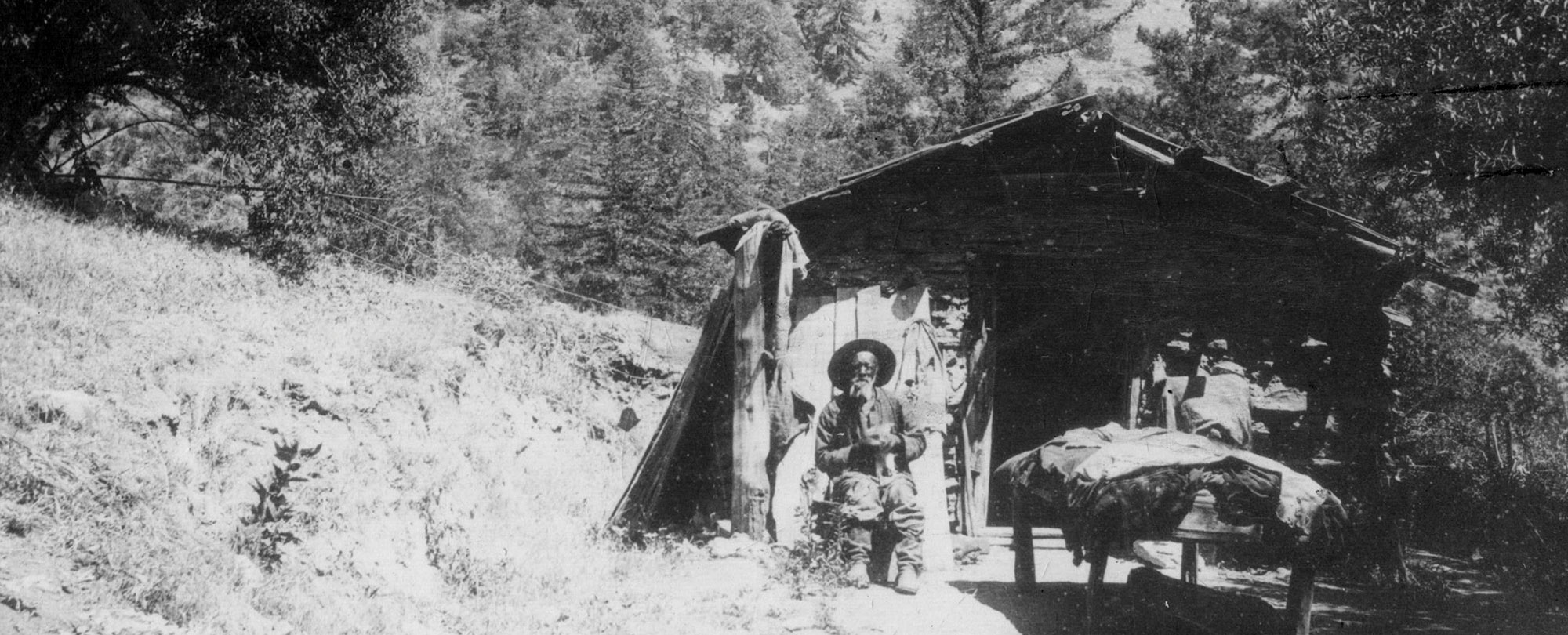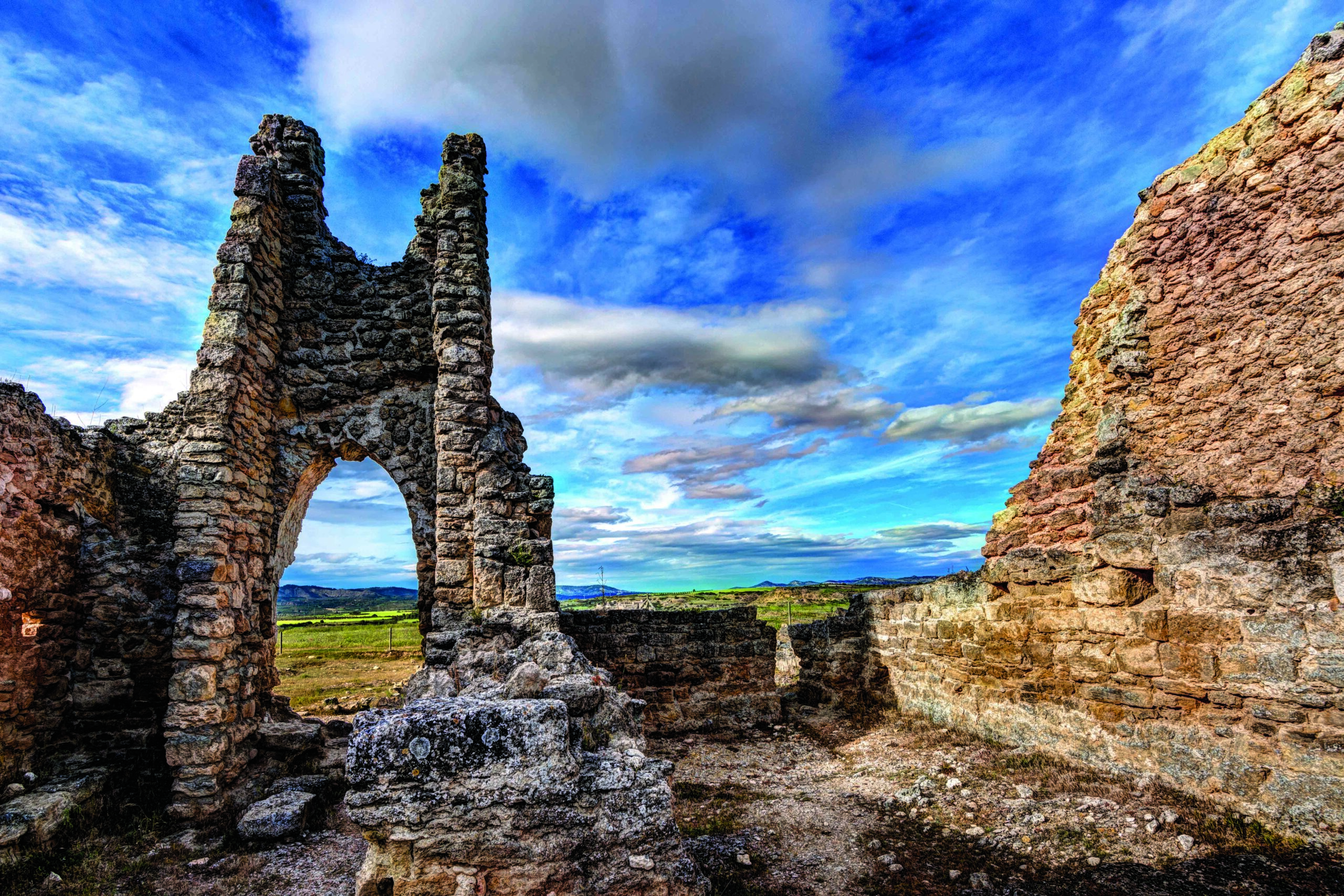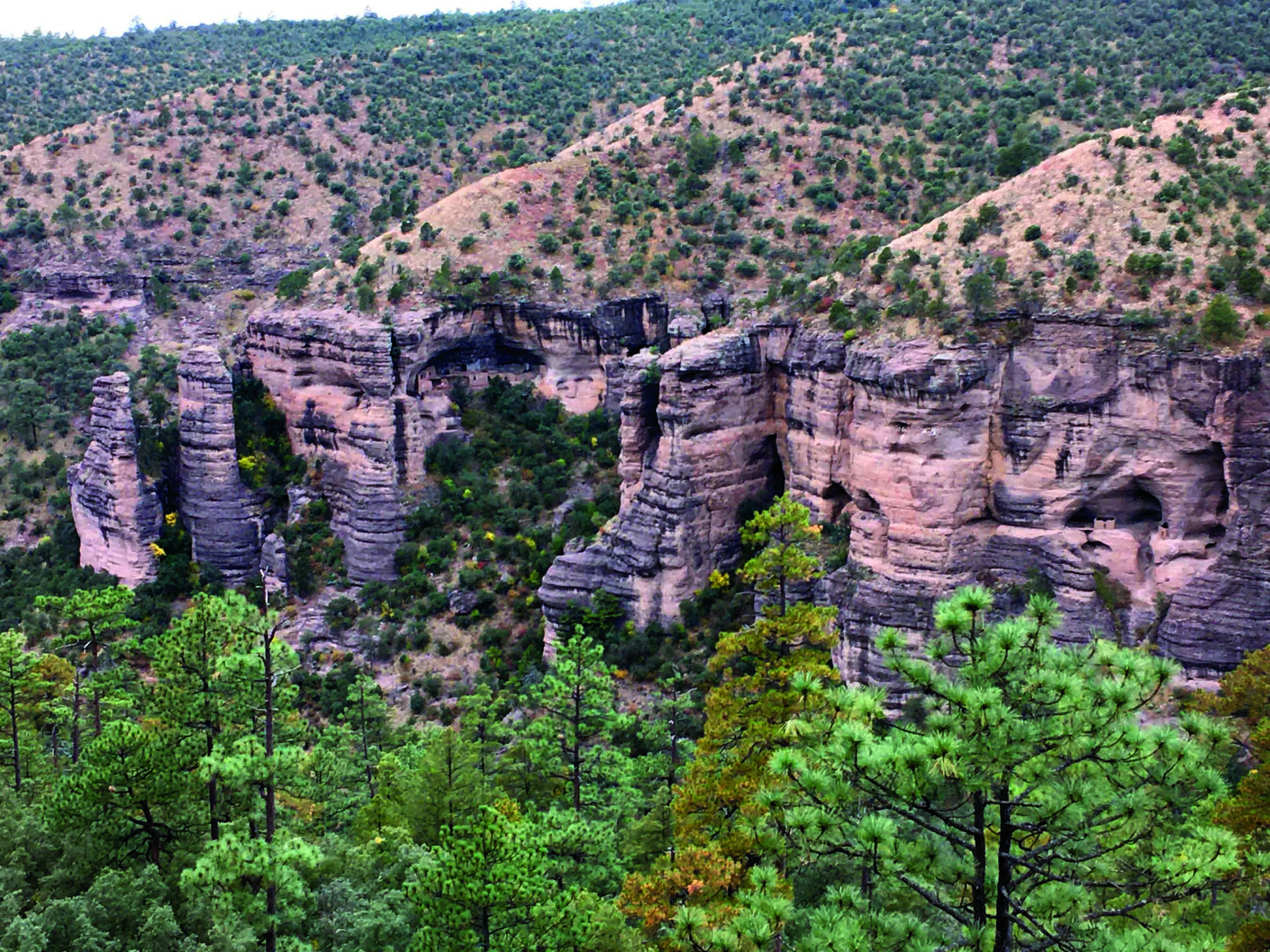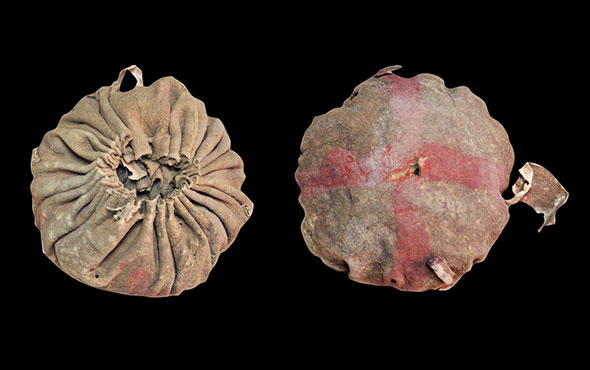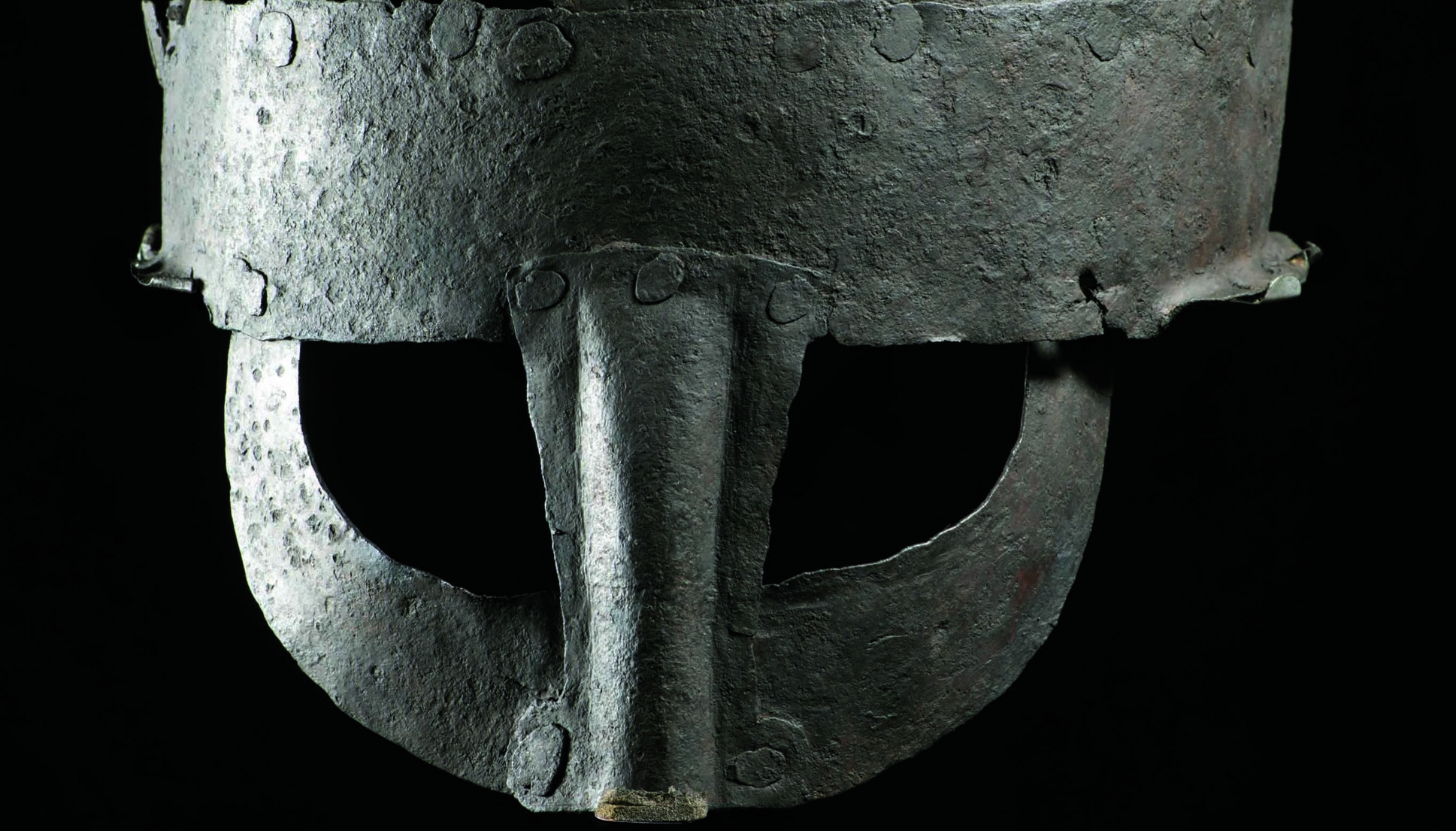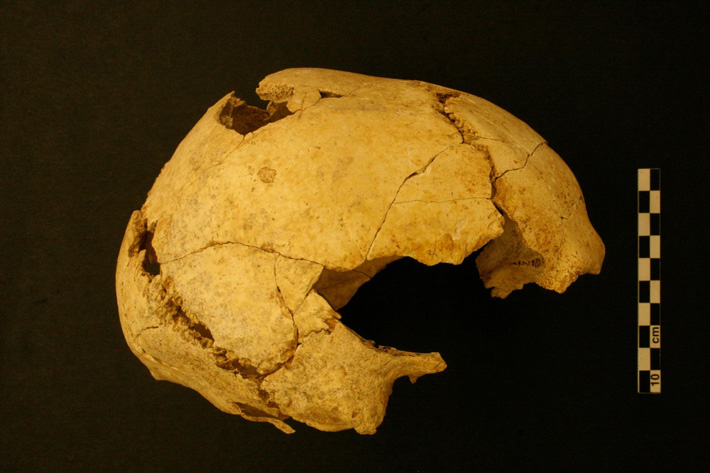
TÜBINGEN, GERMANY—According to a statement released by the University of Tübingen, an international team of researchers led by Dorothée Drucker of the University of Tübingen and Joaquim Soler of the University of Girona dated and analyzed collagen from the remains of four people unearthed in the Catalonia region of Spain, and found that the hunter-gatherers lived between 25,000 and 27,000 years ago and ate mostly plants and land animals. Based upon the analysis of individual amino acids in the collagen, using a method developed by Yuichi Naito of Nagoya University, the researchers identified deer and horses as part of the regular diet, with a reliance on small animals such as rabbits. Drucker said the study revealed that the four individuals ate almost no fish, even though they lived near the coast. It had been previously thought that harsh Ice Age weather would have made game scarce. To read about the discovery in Spain of a cave burial of a woman who died around 18,700 years ago, go to "The Red Lady of El Mirón."


